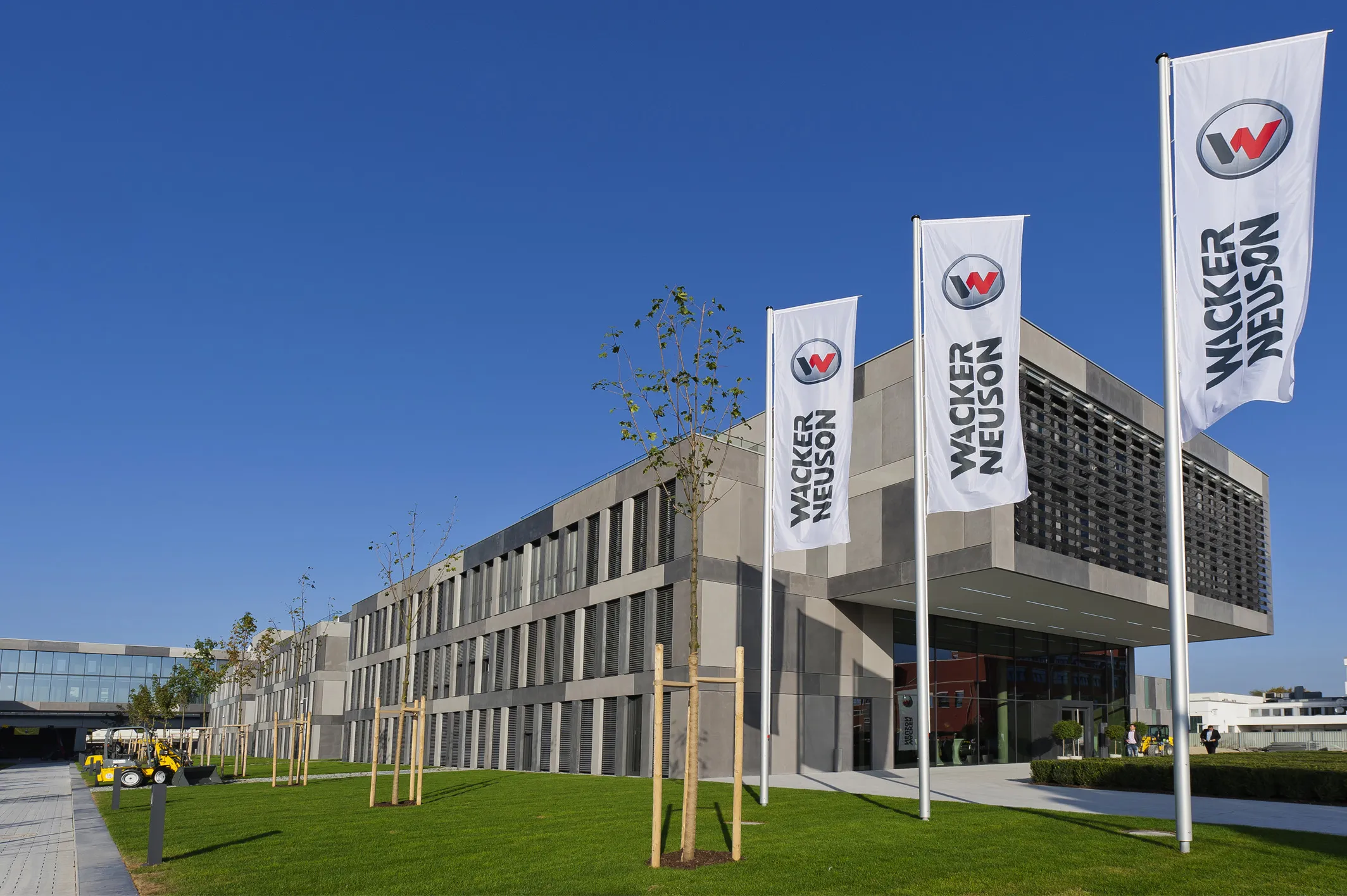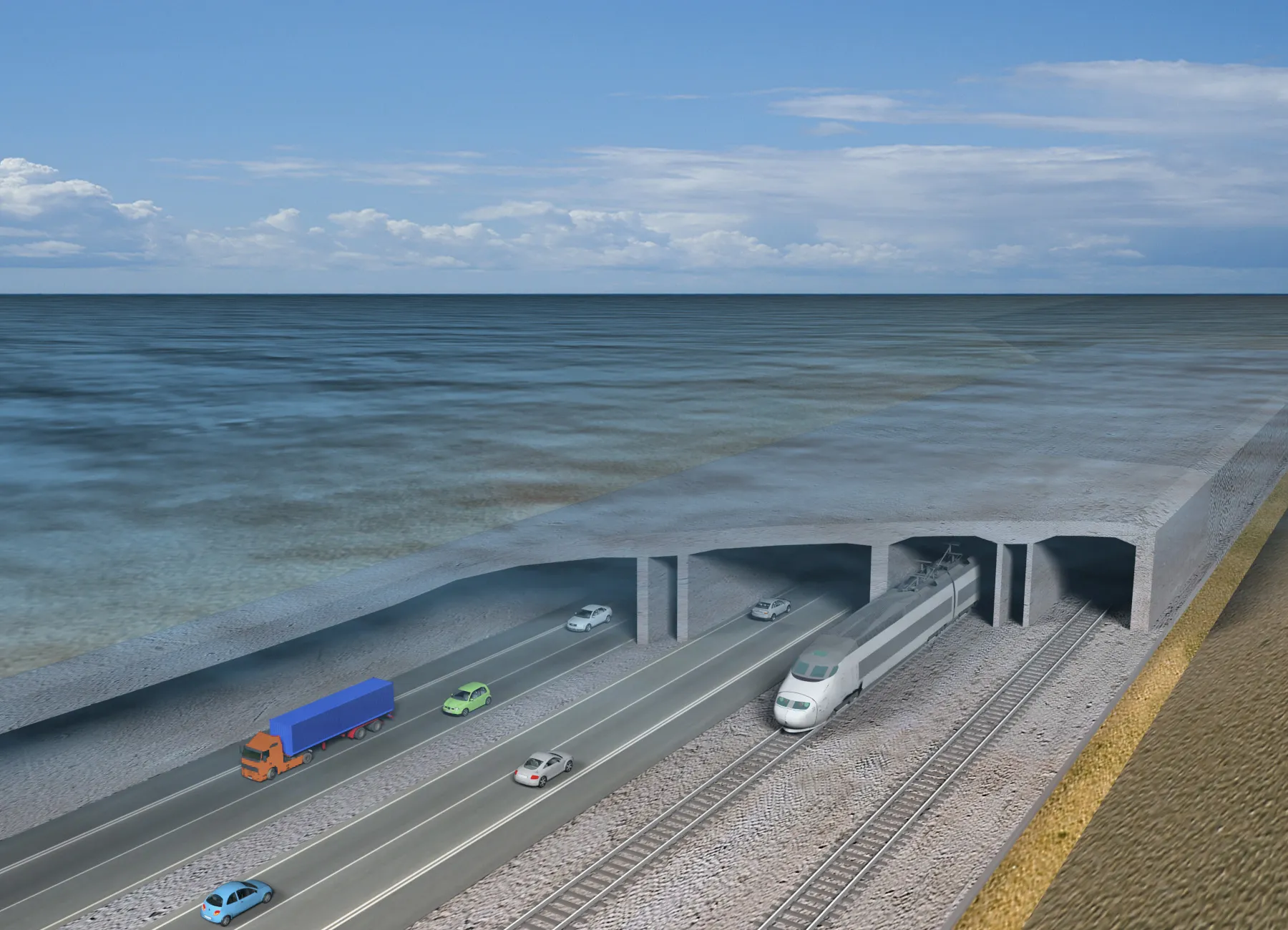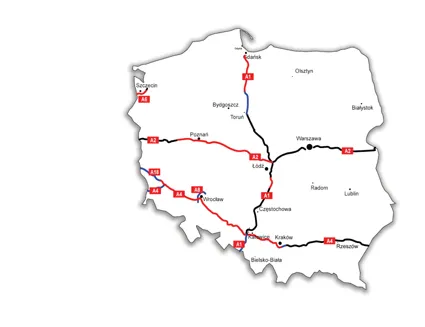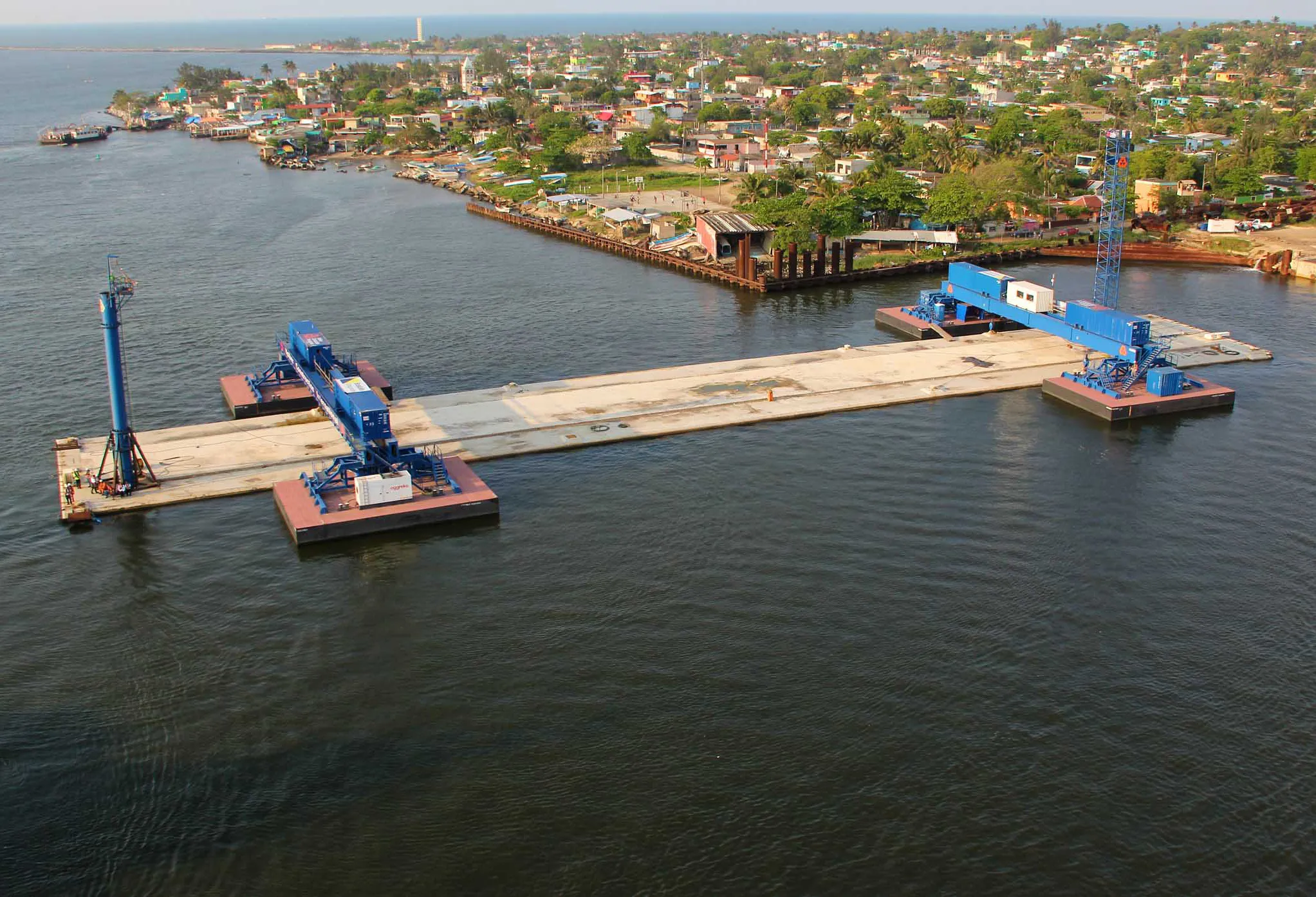A report from the European Court of Auditors has highlighted the high cost of building roads in Latin America. The report states that it costs seven times more to build roads in Latin America than in Europe. The study compared 24 road projects across Europe and Latin America that were carried out between 2000 and 2013. Each km of road costs around US$116,000 in Germany, $164,000 in Greece, $215,000 in Spain and $218,000 in Poland on average. This compares to $2 million in Mexico, between $800,000 and $1 mil
October 7, 2013
Read time: 2 mins
A report from the European Court of Auditors has highlighted the high cost of building roads in Latin America. The report states that it costs seven times more to build roads in Latin America than in Europe. The study compared 24 road projects across Europe and Latin America that were carried out between 2000 and 2013. Each km of road costs around US$116,000 in Germany, $164,000 in Greece, $215,000 in Spain and $218,000 in Poland on average. This compares to $2 million in Mexico, between $800,000 and $1 million in Peru, $700,000 in Bolivia and $1.3 million in Venezuela. The average cost to construct a road in Latin America is $1.2 million. Some of the high costs can be attributed to geographic or topographic issues. Building roads at altitude as in Peru or Bolivia for example boosts costs significantly, as working areas may be more remote with a need for worker accommodation and also as machines perform less well at high altitude. Building roads in mountain ranges, such as with Mexico’s Sierra Madre highway, boosts cost enormously as expensive tunnels or bridges may be needed and access may also be limited. In Latin America’ jungle areas, ground conditions can be poor and the need for drainage may be extensive.









